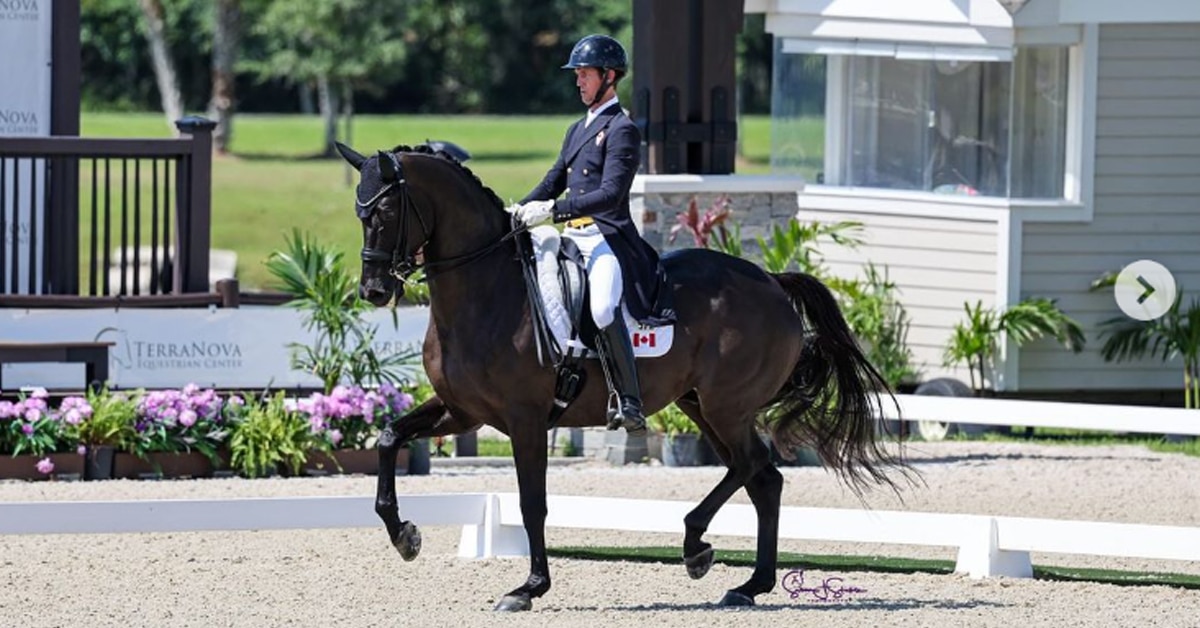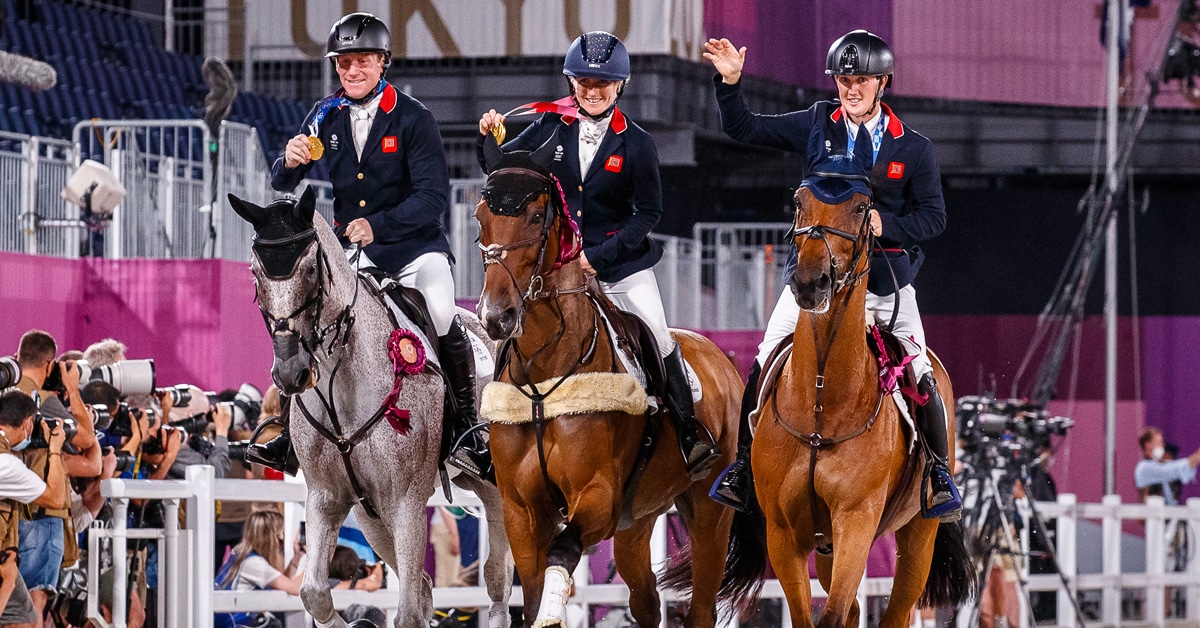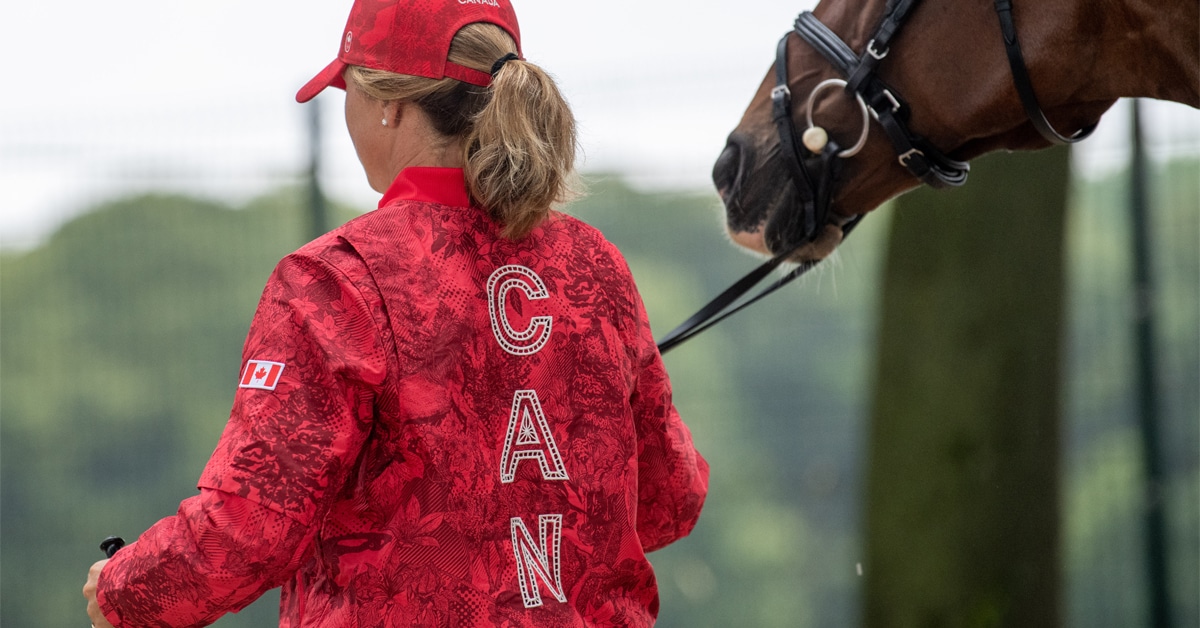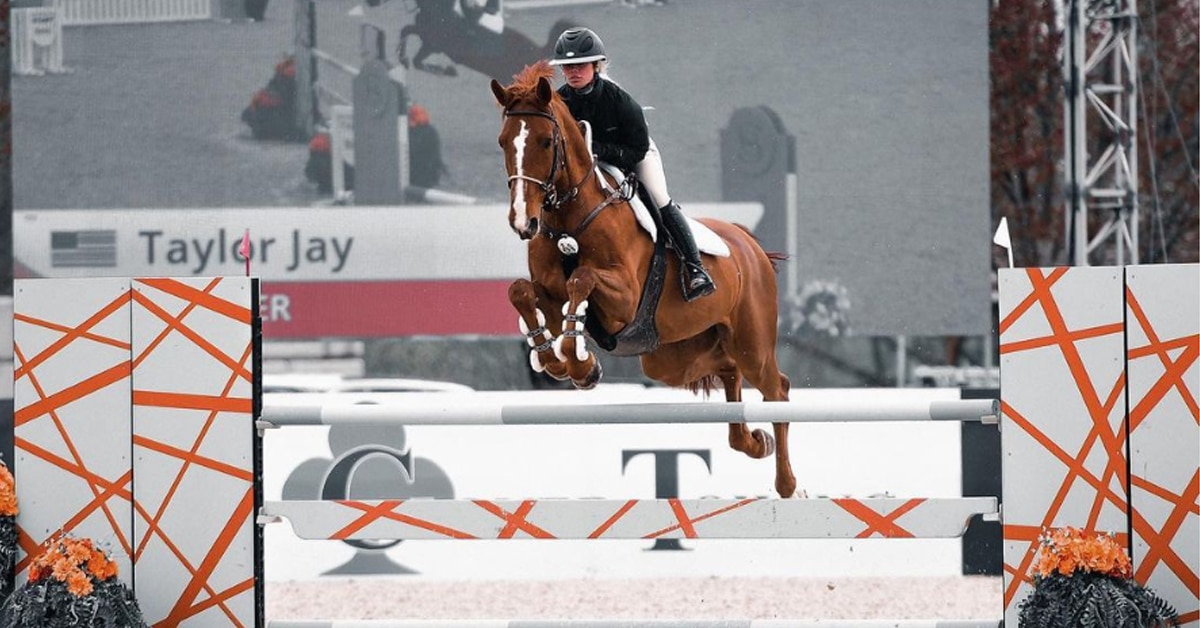Canadian equestrian Taylor Jay has launched a civil lawsuit against hunter/jumper trainer and convicted sex offender Dylan Harries, seeking more than $1 million in damages
Harries was formerly based at JNL Stables in Cypress, Texas, and was deported back to his home country of New Zealand after being convicted on March 24, 2023 of child sexual assault and having indecent sexual contact with a child, both felonies. Jay had reported that she was subjected to physical neglect, sexual and emotional abuse by Harries that occurred when she worked for him between 2014 when she was 15 years old until she quit in early 2016.
The plaintiff’s attorney, Michelle Simpson Tuegel of the Dallas-based Simpson Tuegel Law Firm PLLC, posted on Facebook: “Today we filed a lawsuit on behalf of Taylor Jay, an equestrian athlete who was abused by her trainer, Dylan Harries as a minor. All athletes deserve the opportunity to excel at their sports with the help of trusted coaches and institutions, and through this lawsuit we hope to hold U.S. Equestrian Federation accountable for failing to protect Taylor from her abuser.”
As well as Harries, the suit names his his ex-wife, Jessica Law, and the victim’s new civil case accuses him of assault and battery for his nonconsensual sexual contact, and accuses USEF, USHJA, the Texas Hunter Jumper Association and JNL Stables of negligent failure to protect her and to train and educate their employees on how to avoid sexual assault situations.
In recent years Simpson Tuegel has represented sexual abuse survivors in several high-profile cases, including the Larry Nassar litigation against Michigan State University, USA Gymnastics, and the U.S. Olympic Committee, with verdicts and settlements totalling more than $1 billion.
Jay said in a statement announcing her civil suit, “The prolonged abuse I endured at the hands of my trainer and mentor left major scars, shattering my trust in others and irrevocably altering the course of my life. This lawsuit is about more than pursuing justice for the suffering I experienced—it’s about reclaiming my sense of self that was brutally compromised and illuminating the urgent need for systemic change within the equestrian community to protect minor athletes in the future.”
More from News:





